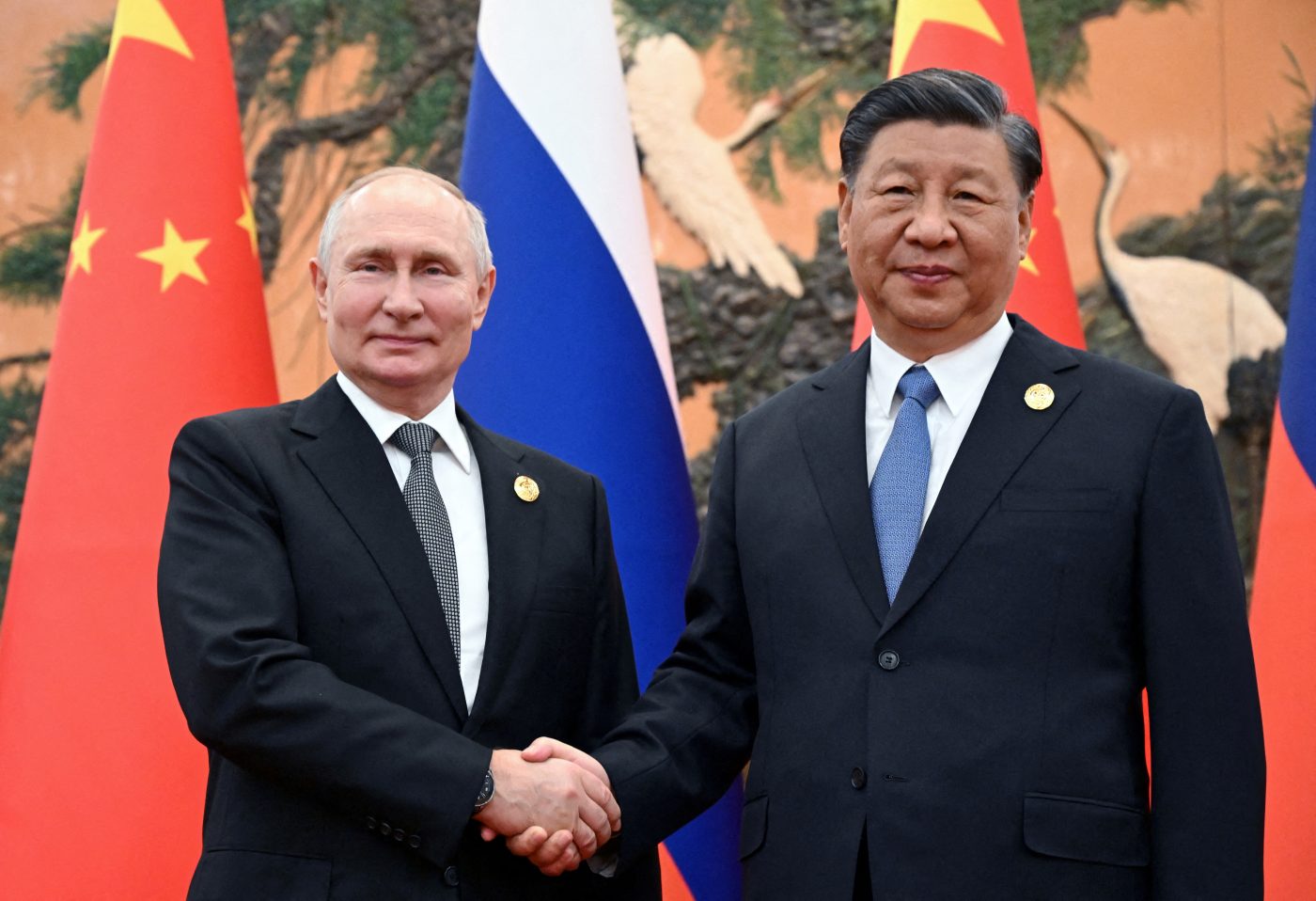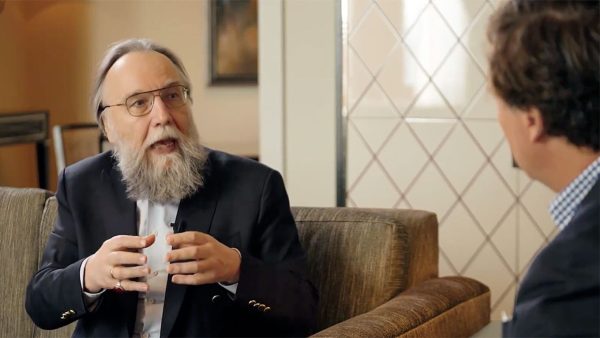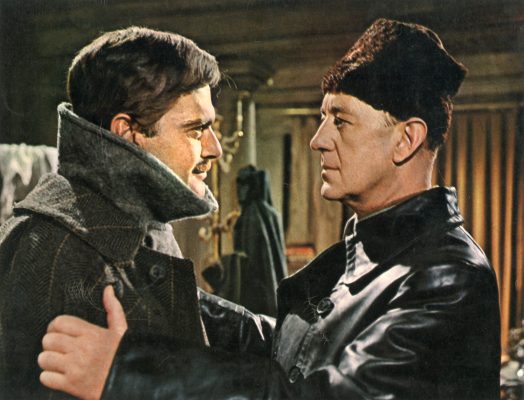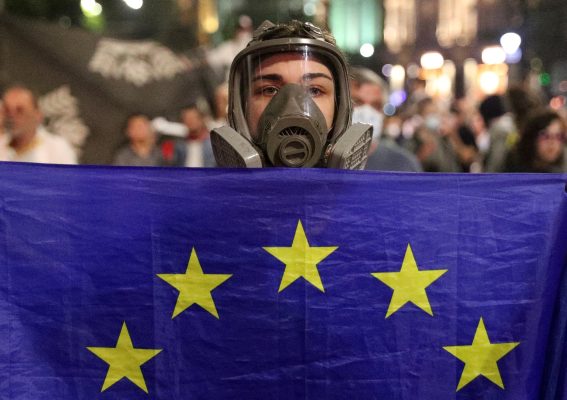In a year of elections, democracy is looking dented. Economic stagnation, mountainous debts, public unrest, daunting problems with immigration, social fragmentation, cultural timidity, and political deadlock: hardly a compelling offer.
Autocracies are chortling. Their system—at least as they depict it—is not just effective. It lacks the historical, geographical, and moral baggage that burdens the West. No colonial empires. No exploitation based on an unfair global trading system. No hypocrisy about human rights. No messy political uncertainties. Just a brisk focus on economic development and political stability, treating other countries as sovereign and equal rather than lackeys in an outdated world order.
It is easy to pick holes in these arguments. Russia and China have, to put it mildly, imperial legacies. Autocracies are no strangers to political uncertainty. Example questions: will mainland China attack Taiwan? Will North Korea nuke South Korea? Who will rule Russia after Putin? The Biden-Trump choice facing American voters seems transparent and manageable in comparison.
But debating points are no substitute for strategy. The real point is that we are in an era of geopolitical competition, where economic and military muscle are not the only instruments. Political ideas matter too. If the West wants to win, its defenders must make their arguments with greater clarity and focus.
A forthcoming report from the National Endowment from Democracy, a non-profit, bipartisan American institution largely funded by Congress, suggests how to do this, by explicitly promoting democracy as the organizing principle for international relations, by promoting its successes, by highlighting its capacity for self-correction and by investing in the information eco-system that sustains informed public debate.
Fine ideas. But we need a lot more. The starting point should be an unflinching assessment of the mistakes made during the past three decades. It is humbling to remember that in 1991, authoritarian ideas were in headlong retreat. Welfare capitalism was the only economic system that worked. Democracy—multiparty elections and the rule of law—was unbeatable, forever. Hold-outs such as the diehard regimes of Pyongyang and Havana seemed comical anachronisms. The US-led international order had defeated communism, trounced Saddam Hussein’s regime in the first Gulf War, and looked set to run the world for the foreseeable future.
So what went wrong? Hubris. The West stumbled in ex-Yugoslavia and tripped headlong in the “global war on terror” after the terrorist attacks of September 11, 2001. It missed the implications of the economic rise of mainland China, and the roots of revanchism in Russia. On the economic front, the supposed policy-making geniuses presided over a catastrophic crash in 2008, in which a highly leveraged financial system dumped its losses on the taxpayer while letting the authors of the disaster keep their profits. Over the same period, we let the internet develop as the central nervous system of modern civilization, systematically prizing convenience, adaptability, and low cost over safety and security. In short, arrogance, naivete, complacency, and greed.
This sort of self-scrutiny is painful and disruptive, especially to the authors of these mistakes. But it is healthy, not corrosive, and the hallmark of free societies. Autocracies, by contrast, find it hard, even impossible. Russia has not come to terms with Stalinism; the Chinese leadership tiptoes around the even greater crimes of the Mao era (by contrast, modern Taiwan engages vigorously with its own period of murderous repression).
Honesty about the past begets clarity and vision. It would make Western critiques of the self-interested crony capitalism practiced in (and exported by) mainland China, Iran, and Russia far more powerful. Yes, we make terrible mistakes, but we admit them and learn from them. What about you?
Edward Lucas is a Non-resident Senior Fellow and Senior Adviser at the Center for European Policy Analysis (CEPA).
Europe’s Edge is CEPA’s online journal covering critical topics on the foreign policy docket across Europe and North America. All opinions are those of the author and do not necessarily represent the position or views of the institutions they represent or the Center for European Policy Analysis.





